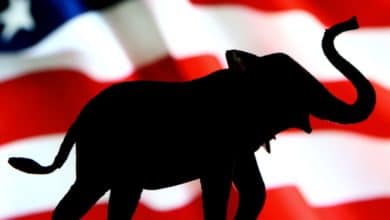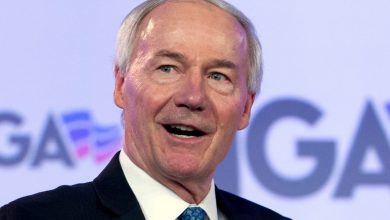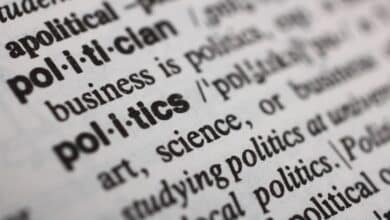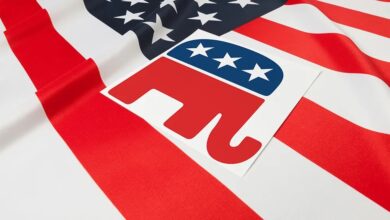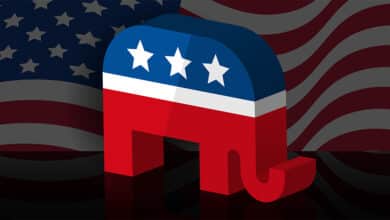 Representative Lanny Fite (R-Benton) filed HB1546 to phase out the special Soft Drink Tax paid by manufacturers, distributors and wholesalers. More than a majority of the members of the House of Representatives voted for the tax cut but the bill did not get the 2/3rds vote needed to pass. After three tries he says he is shelving the bill.[i]
Representative Lanny Fite (R-Benton) filed HB1546 to phase out the special Soft Drink Tax paid by manufacturers, distributors and wholesalers. More than a majority of the members of the House of Representatives voted for the tax cut but the bill did not get the 2/3rds vote needed to pass. After three tries he says he is shelving the bill.[i]
Some opponents said the bill failed to provide much relief to consumers.
We have sympathy for soft drink manufactures, distributors, and wholesalers, but if lowering the taxes on soft drinks is the goal, there is a better solution, one that directly benefits consumers and a solution that only needs a majority vote to pass. Phase out the sales tax increase on soft drinks imposed by Act 141 of 2017.
Until the 2017 Act, soft drinks were treated as groceries and subject to a much lower sales tax. Act 141 applied the full sales tax on soft drinks and candy.
For Manufacturers but Against Consumers
The lead sponsor of the 2017 tax increase was a different Representative Fite, Representative Charlene Fite. Her “YES” vote on the final attempt to pass HB1546 put her in the odd position of being FOR tax relief for soft drink manufacturers yet having sponsored the increased sales tax on soft drinks paid by consumers.
Why Different Vote Required
To reduce the sales tax on soft drinks paid by consumers only requires a majority vote (51 votes in the House). The special Soft Drink Tax paid by the soft drink industry needs a 2/3rds vote (67 votes in the House). Why a higher vote than for the sales tax?
The reason the special Soft Drink Tax needs higher vote is because after the tax was passed in 1992, the soft drink industry gathered petitions to force a referendum vote on the tax in the general election of 1994. The referendum failed and the tax remained. Because the people spoke on the issue, a 2/3rds vote became needed to change the tax.
Lowering the Tax on Consumers Should Be a Snap
HB1546 was voted on three times. It received 64, 66, and 61 votes. If the primary concern of the Representatives who voted for it was that the combined taxes on soft drinks are too high, then achieving 51 votes to reduce the sales tax on soft drinks should be a snap. Also, if the Representatives who voted against the tax or did not vote really preferred giving a tax cut to consumers then the vote for a bill to reduce the sales tax should be huge.
Still… there is the distinct possibility that some Representatives who voted for HB1546 were only wanting to do a favor for the soft drink industry and that some who didn’t vote for it weren’t standing with consumers but instead wanted the state to keep all the tax money. We hope neither is the case.
Their motives may be clearer once we see whether a bill is filed and passed to lower the sales tax paid by consumers.
Sponsor for Sales Tax Reduction?
Maybe Representative Charlene Fite would sponsor such a bill to undue her 2017 tax on soft drinks. It would be a nice gesture. It would also be a nice gesture if Representative Lanny Fite joined her in sponsoring such a bill.
Why reducing the sales tax is the better first step?
- The combination of the increased sales tax on soft drinks and the Soft Drink Tax on the industry is high.
- Reducing the sales tax rate targets the relief to consumers.
- The sales tax increase is the most recent tax increase on soft drinks and should be the first to go when lowering the taxes on soft drinks.
- The 2017 sales tax increase was a bad precedent because it opens the door to carving out even more exceptions to the grocery exemption. The 2017 applied increased rates to soft drinks and candy.
- The sales tax increase on soft drinks (and candy) is insistent with the treatment of the same items as groceries under the SNAP program.
- This was probably not the best of times to be considering tax relief for the soft drink industry after Coca-Cola made many conservatives mad for fighting the state of Georgia over Georgia’s effort to ensure the integrity of its elections. Reducing the sales tax does not have that problem.
- Only a majority vote is required.
Yes, we have sympathy for the position of the soft drink industry because of the extra tax burden on it since 1994. But, for now, lower the taxes on soft drinks by putting soft drinks back under the lower sales tax rate for groceries.
Find out if your state Representative is: 1. FOR lowering the taxes on soft drinks, 2. Just FOR lowering the special tax on the soft drink industry, or 3. AGAINST lowering any tax on soft drinks.
Note: Here are the links to the three votes on HB1546: First vote, second vote, and third vote.
[i] Bill to phase out soda tax rejected again, is shelved, Democrat-Gazette 4/15/2021


